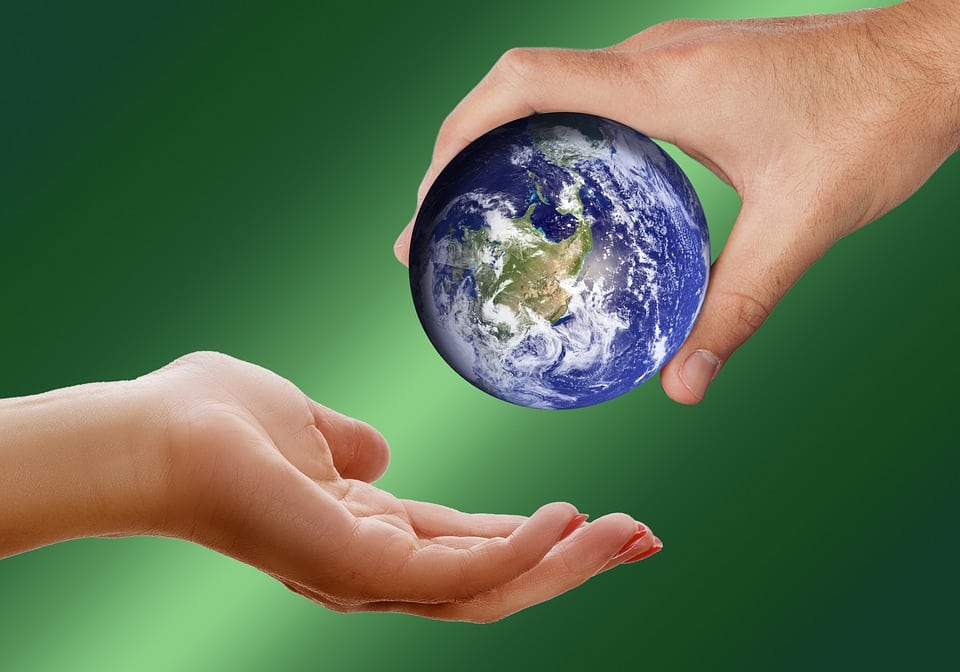This year, Earth Overshoot Day has come a day earlier than last year.
Earth Overshoot Day marks the date when the demand for ecological resources and services of humanity for a given year has exceeded what our planet can regenerate in that year.
The overshoot happens because humans use more natural resources way faster than Earth can reproduce through excessive fishing, forest harvesting, and the continuous emission of carbon dioxide into the atmosphere.
The event has been observed since 1986. This 2018, it will fall on August 1st, the earliest point in the year on which it has ever fallen. Apparently, we have used up our ecological resources 1.7 times faster this year than any other year in the past.
Earth Overshoot Day could be likened to a report card, and the international non-profit organization Global Footprint Network is in-charge of calculating it. If this were a real report card, we’d be failing — hard.
Read More: California Cuts Greenhouse Gas Emissions Years Ahead of Schedule
“Fires are raging in the western United States; on the other side of the world, residents in Cape Town have had to slash water consumption in half since 2015. These are consequences of busting the ecological budget of our one and only planet,” Mathis Wackernagel, head of the Global Footprint Network, said.
Our economies are running a Ponzi scheme with our planet. We are using the Earth’s future resources to operate in the present and digging ourselves deeper into ecological debt. It’s time to end this ecological Ponzi scheme and leverage our creativity and ingenuity to create a prosperous future free of fossil fuels and planetary destruction.”
After today, we will begin consuming our planet’s natural resource savings. At the rate in which we deplete our ecological resources, it won’t be long before our planet’s reserves are gone.
To prevent such a catastrophic event from happening, Wackernagel and his organization launched the #MoveTheDate initiative. According to the organization’s footprint calculator, the overshoot date could be moved by five days each year, potentially falling on the 31st of December by 2050.
However, it would only be possible if we only take the initiative to change our lifestyle and start caring more for our environment. This may include eating locally sourced food, eating less meat, making our homes more energy efficient, reducing food wastage, and lessening carbon emission.



Comments (0)
Most Recent